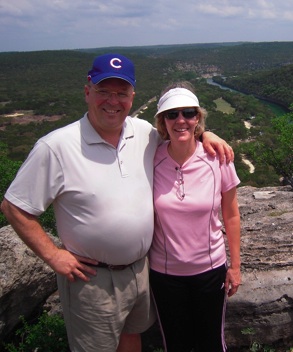 I got this set of questions from a reader at the end of our series on “Our Collective Faith,” a series that discussed a book about heresies and how to avoid them. Here is the set of questions, and I’ve asked some theology friends to respond, but I’m game for anyone’s response:
I got this set of questions from a reader at the end of our series on “Our Collective Faith,” a series that discussed a book about heresies and how to avoid them. Here is the set of questions, and I’ve asked some theology friends to respond, but I’m game for anyone’s response:
To what extent has the application of the label of “heresy” been properly or improperly applied through church history?
How does the notion that “the winners write the rules” influence our take on doctrine today?
What (if any) of the classical heresies and their proponents may merit re-examination, even rehabilitation, in light of scripture and faith as we now understand them?
Who gets to (ought to) be involved in determining answers to the previous question? What groups or individuals are the appropriate arbiters of orthodoxy?
Here is a response from one theologian, my colleague Mary Veeneman:
These are great questions. I choose to define heresy fairly narrowly and I am bothered by how easily the word can get tossed around. I usually define heresy as a belief that is so fundamentally problematic it renders human salvation via Christ impossible (i.e. Christ was merely human or Christ was divine and only appeared to be human, or there are three gods, or Christ is the firstborn of creation, or human beings don’t really need the grace of Christ for salvation)…Usually, this involves crossing either Nicaea or Chalcedon.
We can certainly identify other beliefs as heterodox/problematic/wrong, but I usually think of heresy as something so grave that it calls into question the salvation of the one who holds it. For example, as a Thomist, I vehemently disagree with open theism and some strong forms of Calvinism, but I don’t think either is a heresy–I have no reason to question the redemption of some the major names connected to these ideas today.
Others want to view heresy as a break with the historic church, but if we went with that definition, we might have to call Luther a heretic (which I don’t want to do) and we might in some ways even have to call the fathers of Vatican II heretics, which I also do not want to do. Seeing a break with the historic church also would be somewhat problematic for an understanding of the development of doctrine (which as an evangelical Anglo-Catholic I whole-heartedly want to affirm)…
Coincidentally, I love teaching major Christian doctrines via heresy–I do enjoy observing the ways in which various heresies pushed the church towards definitions of orthodoxy that may be implicit but were not previously formally defined…

